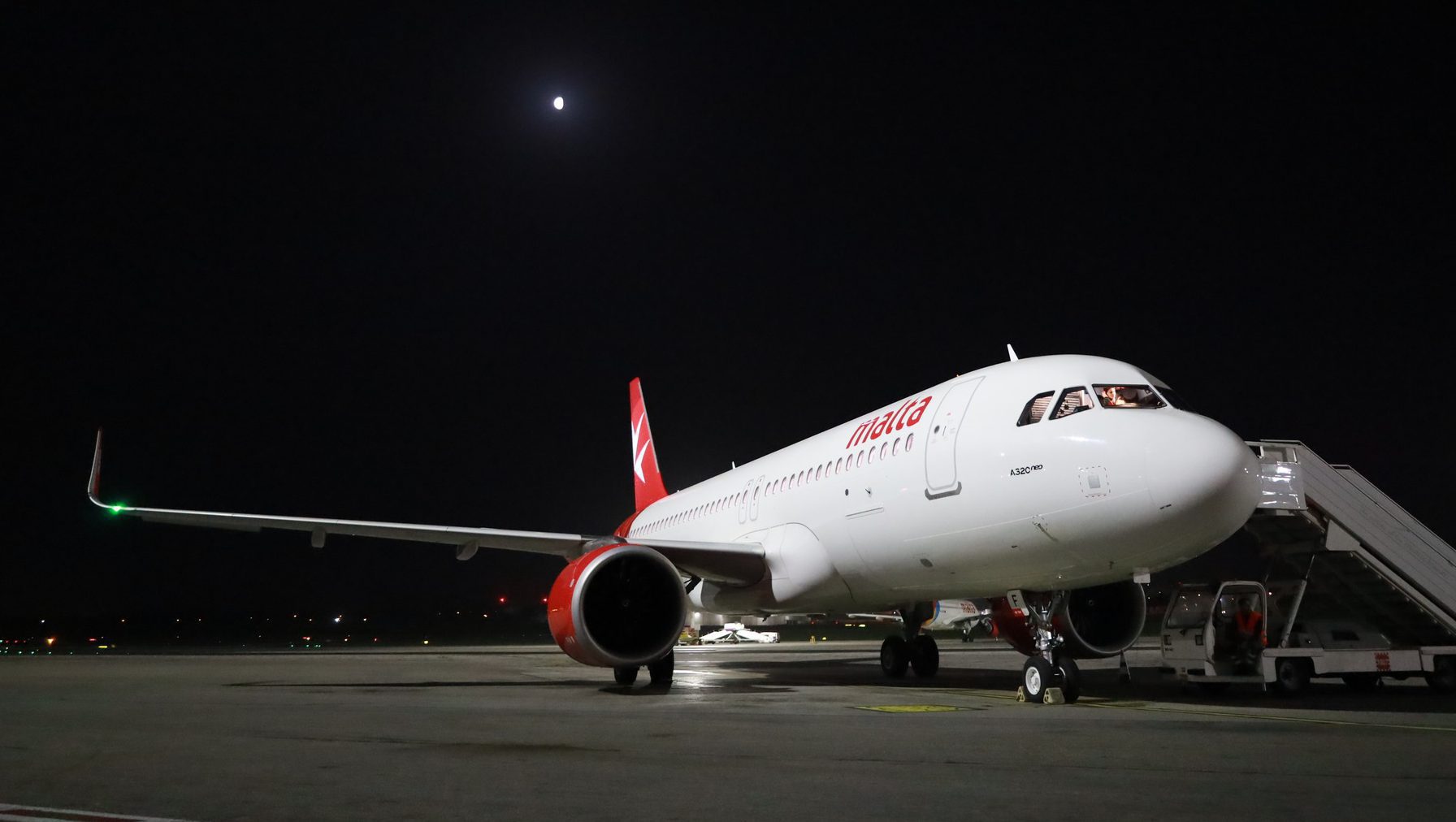The recently announced approval by the European Commission for Malta Enterprise to provide support to STMicroelectronics may be a “a clear sign of confidence” in Malta’s attractiveness, in Minister for Enterprise Miriam Dalli’s words, but it nonetheless raised some eyebrows in view of the Commission’s reluctance to allow the Maltese Government to extend a lifeline to Air Malta.
The European Union generally takes a dim view of state aid, due to its potential for market distortion. But in the case of microchips, such state aid is deemed to be necessary to achieve the EU’s intention of becoming a major global player in the sensitive space.
The Chips Act in fact provides for increased flexibility in the way governmental support for the microchip industry is assessed.
During the height of the COVID-19 pandemic, the world experienced a major shortage of microchips, which severely affected a wide range of downstream industries. Many factory lines in the automotive sector, for example, ground to a halt for lack of chips.
The importance of microchips for the contemporary and future economy can be juxtaposed against the sensitivity of their supply to geopolitical pressures – 90 per cent of all advanced microchips are produced in Taiwan, an island increasingly subject to hostile rhetoric by neighbouring China, which claims it as part of its territory.
Air Malta, on the other hand, holds no such importance for the European economy, being a minor player on the continent despite its outsized role in Malta. Little wonder, then, that the EU is not accepting any shortcuts in its deliberations on whether to allow the Maltese Government to pump millions into the ailing airline.
The prevalent view is that the negotiations between Malta and the Commission currently involve discussions on the transfer of assets, or lack of, between Air Malta and a new flag-carrier that would be established once the airline is shuttered.
BusinessNow.mt turned to Peter Agius and Clint Flores, two former EU officials, for their take on the matter.
“State aid is normally prohibited or subject to authorisation,” says Mr Agius. “State aid is not generally accepted since it is disrupting the market, with the companies receiving such aid being given an by the state, rather than through the market.”

He continues: “However, the EU has a mechanism – and it’s a good mechanism, as far as I’m concerned – where it takes into account the public interest. And this public interest is that Europe stays on the cutting edge of technology, especially in a context where China and India are investing heavily in these sectors and becoming ever more competitive.
“The idea is to remain a world leader in these sectors. And the EU wants to see that the industry continues to find a place within Europe and does not all go to Asia. It makes a lot of sense that you give state aid in these cases, as it is a way of telling the industry: ‘Stay here. Your place is here.’
“So this is a very strong political message.”
Turning then to the national airline, Mr Agius says “there is certainly no need to make such a political message. Because when it comes to aviation, if Air Malta fails, in three days its market share is taken by someone else.
“Obviously, we have a particular situation where Air Malta has an important role in the national economy. But the mere service of providing a flight from Point A to Point B is subject to market pressures and market conditions. In the context of Air Malta there is no European public interest – and when talking about the EU, we are always speaking about European public interest.”
Mr Flores meanwhile notes that projects of common European interest are those “that promote and enable research to reach the Green Deal targets, as well as the advancing digitalisation.

“However, security is also part of the EU’s common interests, and such projects are high on the agenda. The EU Budget cannot finance defence and military. Nevertheless, projects falling under research and development can be financed. Needless to say, technology in the defence industry can be of dual use. Unquestionably, such technologies require inter alia advanced microchips. And to also advance the green transition, additional components in the value chain are required, including semi-conductors.
“Hence, it is in the EU’s interest to relax some rules and accelerate the process to transit to a greener economy.
He continues: “At the current political juncture, security is crucial and that is also part of the EU’s common interest. However, the security architecture of each Member State differs. We, as a country, require a functional state airline. The European Commission must factor our strategic autonomy and survival. And that includes the protection of our state airline, even if it requires government intervention – we understood this in times of force majeure. Now, please don’t tell me that this is a non-sequitur!”
About the EU’s investment in microchips
Going forward, the EU aims to double its market share in the sector from the current 10 per cent to 20 per cent by 2023. The market is set to double during this period, meaning that the EU needs to quadruple its production to achieve its target.
Among the conditions of the state aid agreement is that ST must satisfy EU priority-rated orders in the case of a supply shortage and to make some capacity available for SMEs and third parties, to support R&D activities and further strengthen the European semiconductor ecosystem.
The Commission stated that the aid will have an incentive effect in that the beneficiaries would not carry out such investment without strong public support. It also noted that the measure will have a limited impact on competition and trade within the EU while leaving “wide positive effects” for the European economy, including by strengthening the security of supply of the crucial products.
The total measure amounts to €8.1 billion given by 14 EU countries to 68 projects involving, among others, Airbus, ASML, Ericsson, Orange, GlobalFoundries, Analog Devices, Renault, Bosch, Continental Automotive, NXP, Wacker Chemie and Infineon, apart from STMicroelectronics.
The projects, collectively designated an Important Project of Common European Interest (IPCEI), allowing them to qualify for state aid more easily in light of the Chips Act, target 5G and 6G telecoms technology, along with autonomous driving, artificial intelligence (AI) and quantum computing.
The first novel products could come to market as early as 2025, while the overall project is expected to be completed by 2032.
Countries providing the state aid are Austria, the Czech Republic, Finland, France, Germany, Greece, Ireland, Italy, the Netherlands, Poland, Romania, Slovakia and Spain, as well as of course Malta.
In pictures: These Maltese houses just won architectural awards
The BIG SEE Architecture Awards are given to projects from South-East Europe
Annual STI testing for non-EU massage therapists amounted to ‘slander,’ admit health authorities
Health authorities kept quiet about changes to the legal provisions
KM Malta Airlines announces extra flights and special fares for MEP and local council elections
To qualify for special fares, all travel needs to take place into and out of the same city





